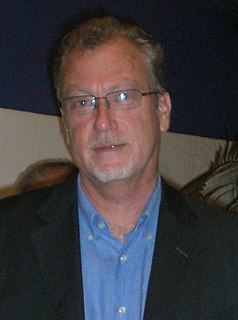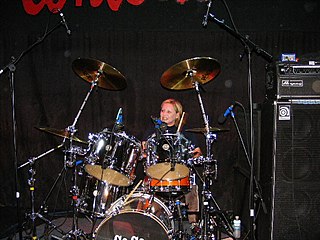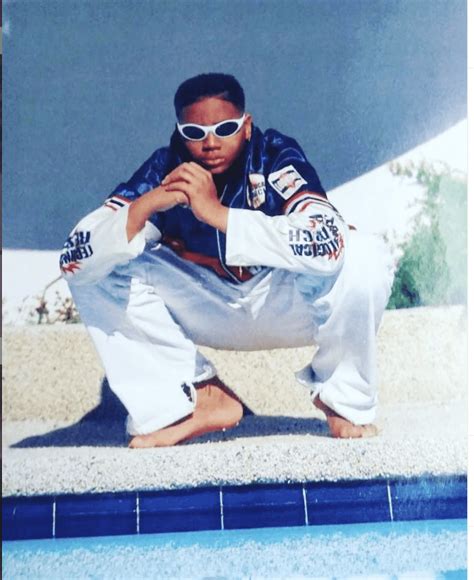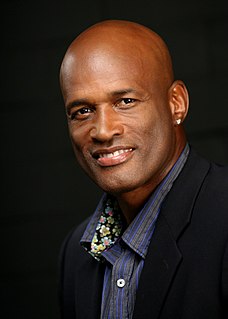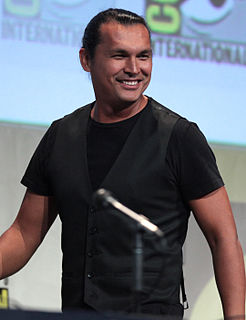A Quote by John Trudell
Historically speaking, we went from being Indians to pagans to savages to hostiles to militants to activists to Native Americans. Its five hundred years later and they still cant see us. We are still invisible.
Related Quotes
Five hundred years later we're still doing it. This is a moment where we're either going to reaffirm that's what we do [with Native Americans ], that's who we are, or we're going to start moving toward change. A change won't come easy, because there's a lot of big money that doesn't care about any of this.
Charles Darwin, who had witnessed the
atrocities perpetrated against Argentina’s native
Indians by Juan Manuel de Rosas, had predicted
that “the country will be in the hands of white
Gaucho savages instead of copper-coloured Indians.
The former being a little superior in education,
as they are inferior in every moral virtue.
I can't think of another actor who acquired stardom so quickly, who held it for such a short time, and then kept it for such a long time. James Dean became a star in one calendar year, and then he left us. But he's still being talked about, he's still being revered, he's still being iconized forty years later. I don't think there's another example like it in the entire history of movies.
Pashtun nationalism is reasserting itself. Its political history spans several hundred years. The Pashtuns are angry at the Americans because, one, they're still being bombed, and two, they perceive that the Americans are backing the Tajik faction, which controls the army and security forces in Kabul.
Remember that those five hundred words an average Englishman uses are far from being the whole vocabulary of the language. You may learn another five hundred and another five thousand and yet another fifty thousand and still you may come across a further fifty thousand you have never heard of before, and nobody else either.
We [Americans] have a historical trauma when it comes to the past relationships when it comes to Native Americans and the history of how America was created. With this film, it's nice to see that the trauma is presented from a white male that was in the Civil War and that trauma affects him in a way that still exists.
I see people getting so caught up in celebrating diversity that they are neglecting their commonality. I don't see this as a good thing. The Chinese culture has survived for more than five thousand years in part because the Chinese have embraced the same language and culture. I hope I am wrong about this, and that the flame is still on beneath the great American melting pot. Americans need each other, and a house divided, no matter the color of its occupants, is still divided. And divided we all fall.



